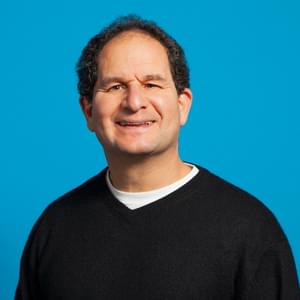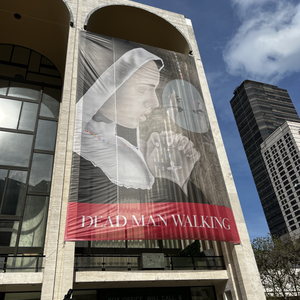By Kiko
Martinez
San Antonio Current
April 30, 2008
Last month, the U.S. Supreme Court, in a 7-2 ruling, upheld the use of lethal injections and lifted a seven-month de-facto moratorium on the death-penalty procedure. The case was prompted by two death-row inmates in Kentucky, Ralph Baze and Clyde Bowling Jr., who charge that when the three-drug cocktail used in lethal injections is not administered properly, the pain experienced by the convict constitutes cruel and unusual punishment.
Reverend Carroll Pickett, 74, agrees with the men. As a death-house chaplain at the Walls Unit in Huntsville, Texas, from 1982-95, Pickett presided over the executions of 95 inmates. Each inmate, he remembers, affected him significantly during the 16 hours he spent with them before they took their last breath.
After his retirement, Pickett, a capital-punishment supporter his entire life, became an anti-death-penalty advocate and began working with the Texas Coalition to Abolish the Death Penalty. The documentary, At the Death House Door, which follows Pickett’s emotional career in the prison system, made its world premiere at the South by Southwest film festival in March.
The year after you retired, rules were changed at the prison to allow close friends and family of the victim to witness the execution. What were your thoughts on this new policy?
Before they started legally, there were many times when I had the family of the inmate that was going to be executed in one place and the family of the victim in another place. We would have to sneak one family in one way and the other family another. I think if they’re looking for closure, they’re not going to get it. Watching somebody get killed isn’t pleasant.
What other types of procedural changes were made after you left?
Before I retired, I trained Reverend Jim Brazil. When I was there they brought [the inmate] in early and I spent all day with them — 16 hours. When I left, they started bringing [the inmate] in at 4 p.m. and executing them at 6 p.m. Jim didn’t get a chance to know [the inmates], and the inmates didn’t have a chance to have faith in the chaplain.
Is the procedure more efficient today or when you were there?
Well, one of the things that I learned was that once you get them inside the death house, you get them away from all the noise of death row. So, many of them would say to me, “This is the most peaceful it’s been in 16 years.” Many of them took naps. We gave them as much time as we could to get used to the fact that right over there was a door that they were going to have to go through. For the benefit of the inmate as a human being — forget about the crime — it’s much better in a peaceful situation.
There have been more than 300 executions carried out by the Texas Department of Criminal Justice since you retired. Is the TCADP making a difference by opposing these executions or are their protests falling on deaf ears?
I think they’re doing the best they can do. The changes that are going to be made are going to have to be made through the legislature. The [TCADP] is getting a lot more support. People have to realize that second drug [pancuronium bromide] is painful. The American Veterinarian Association says the drug was painful when they used it on dogs and cats. That’s why it was banned. Texas is still using it and that’s ridiculous.
In the film you talk about some of the rapport between you and the men during the hours before they are executed. Other than showing emotion and asking for forgiveness, were there any who reacted differently?
Oh, yes. One of the men wanted to sing the whole time. I had to go back to my office to grab the hymn book because I couldn’t remember the second verse to one of the songs. Another one wanted to play chess, so I had to get one of the guards to play because I didn’t know how. We would talk about football, basketball, baseball. There was one who didn’t say a word all day. Not one single word.
One of the stories I found incredible was the inmate who helped find a vein that could be used for his own lethal injection.
This guy had been a real bad drug addict and said, “Do you want me to help you?” The warden looked at me and said, “You’ve been with him all day long, can we trust him?” I said, “Sure you can trust him.” The guy wasn’t stupid. He knew they were going to get him one way or another. Actually, in his mind, he won, because he was able to find for them in a short time what these other men couldn’t find in 45 minutes.
With all the death that you’ve seen in your life, do you fear your own?
I
faced death last year. I had surgery and went code blue. They rushed me
to another hospital and two days later I went code blue again. I can
remember going to heaven twice. I’ve seen it. It was painless. It was
beautiful. I’m ready to go.




